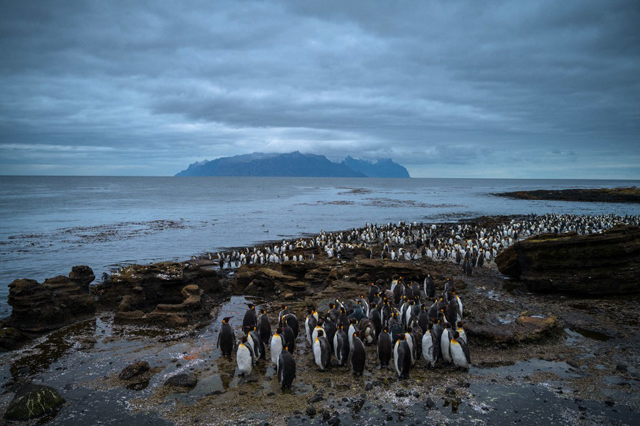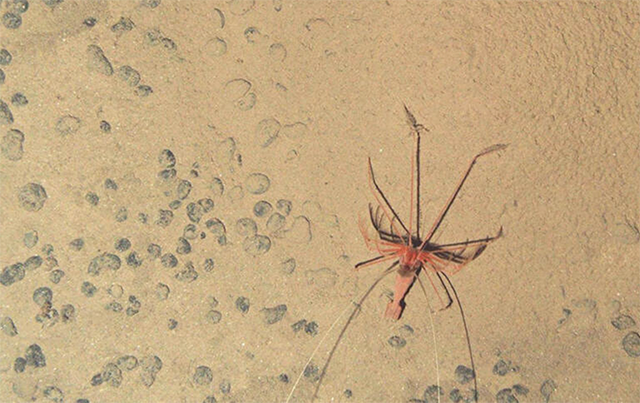You are here
Colombian mission to Antarctica analyses climate change footprints
By AFP - Jan 20,2024 - Last updated at Jan 20,2024
ABOARD THE ARC SIMON BOLIVAR, Antarctica — Colombia’s 10th Antarctic Expedition is making its way to the far reaches of the continent, exploring remote and almost untouched places inhabited by penguins, whales and the occasional seal.
The Colombian Navy’s ARC Simon Bolivar is taking aquatic samples in Antarctica and advancing scientific research on climate change amid huge blocks of ice and frost.
“Antarctica is the world’s refrigerator,” Pablo Araujo, a researcher at the Central University of Ecuador, told AFP on board the ship, which is home to 39 researchers, 11 Colombian projects and nine international cooperation projects with four countries.
“What we want to see is how climate change is affecting the world’s refrigerator and how that affects the whole quantity of nutrients [in the sea],” says the white-coated scientist.
On board the ship, the Ecuadoran researcher is carrying out a project to model Antarctic ecosystems using machine learning techniques, a branch of artificial intelligence focused on the study of statistical algorithms.
With the application of these models and the use of satellite images, researchers are studying the dynamics of greenhouse gas fluxes in Antarctic ecosystems.
One Colombian team is launching a battery of Niskin bottles, used to take water samples, into the ocean.
“Once [they] come to the surface, we proceed to take these samples for later analysis,” said Alexis Grattz, a researcher from the directorate general of maritime affairs, wearing a thick red mackintosh, gloves and a hat.
At the Ecuadoran scientific station, located at Punta Fort Williams on Greenwich Island, the maritime authority installed a portable weather station to record atmospheric pressure oscillations in the area.
These measurements are taken to “determine and help us understand more about these variations in sea level, understanding it as... an important indicator in the evolution of climate change”, said Maritza Moreno, another researcher at the Directorate General of Maritime Affairs.
A Turkish mission, meanwhile, is studying the levels of polycyclic aromatic hydrocarbons — which result from burning fossil fuels, wood, trash and tobacco — in Antarctic soil. Burak Karacik, a professor at Istanbul Technical University, said he is collecting sediment samples.
“I will analyse these sediment samples for persistent organic pollutants, and we will look at the effects of humans, here, in this environment,” he added.
Related Articles
PARIS — The hole in the Antarctic ozone layer has been getting deeper in mid-spring over the last two decades, despite a global ban on chemi
PARIS — A vast area at the bottom of the Pacific Ocean earmarked for controversial deep sea mineral mining is home to thousands of species u
PARIS — Parts of the Antarctic Peninsula will change colour as "green snow" caused by blooming algae is expected to spread with increases in


















